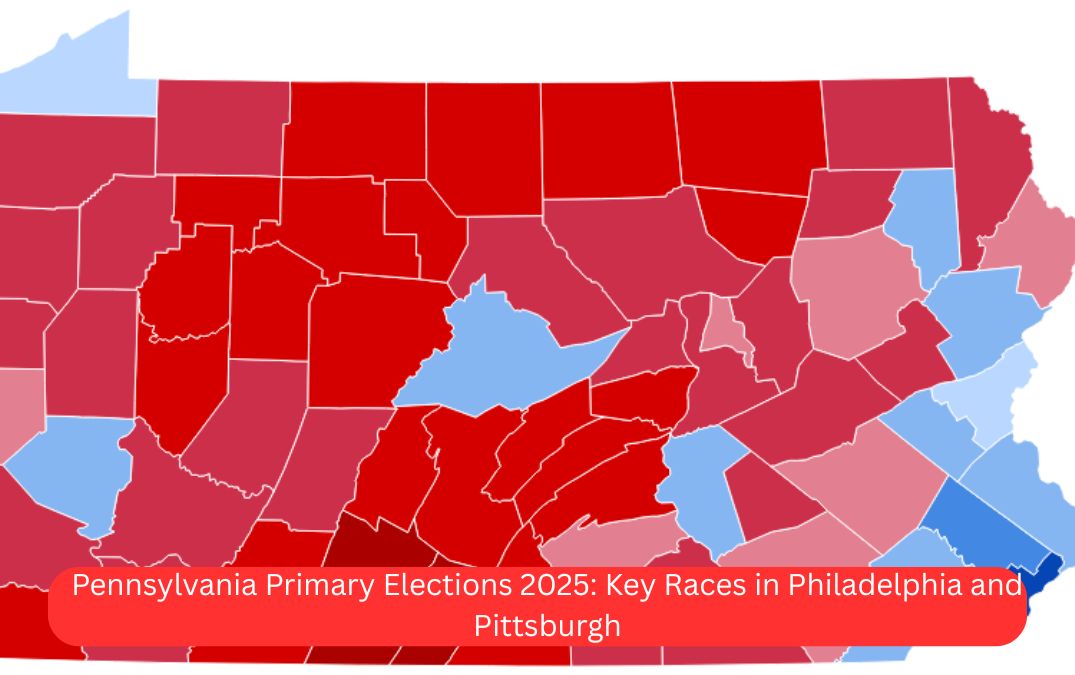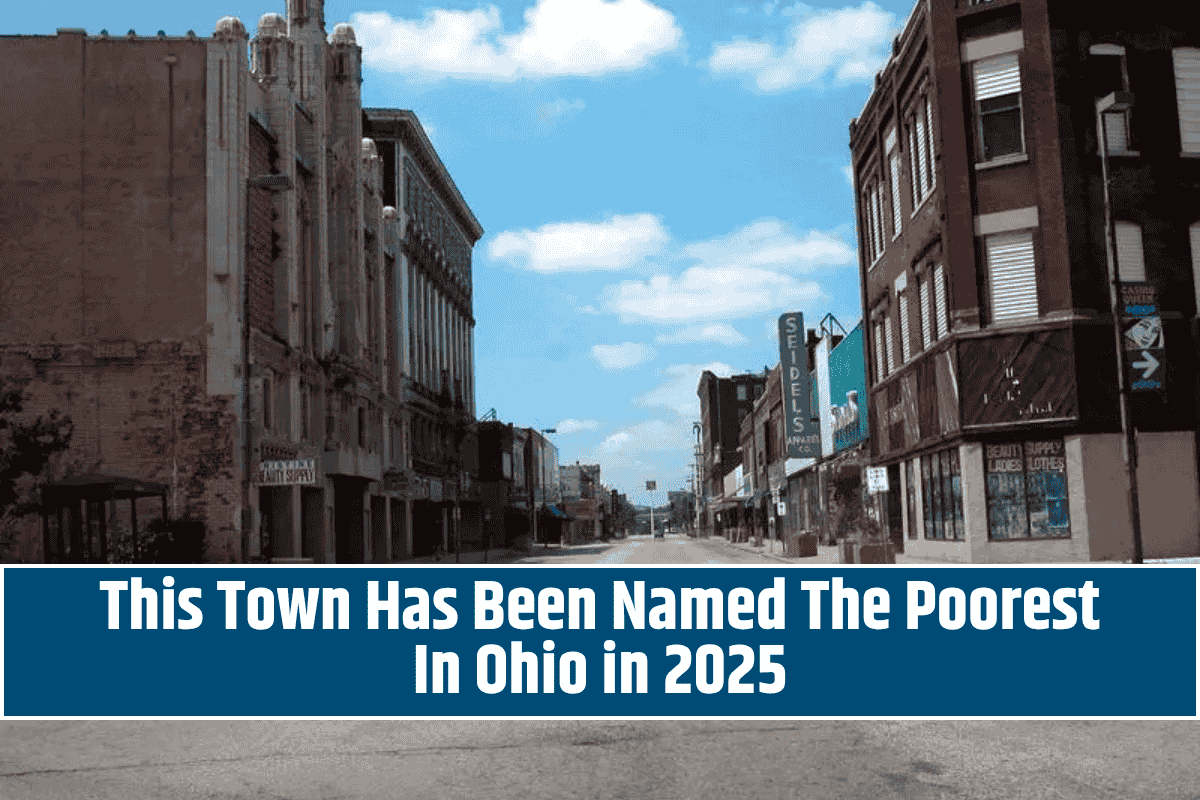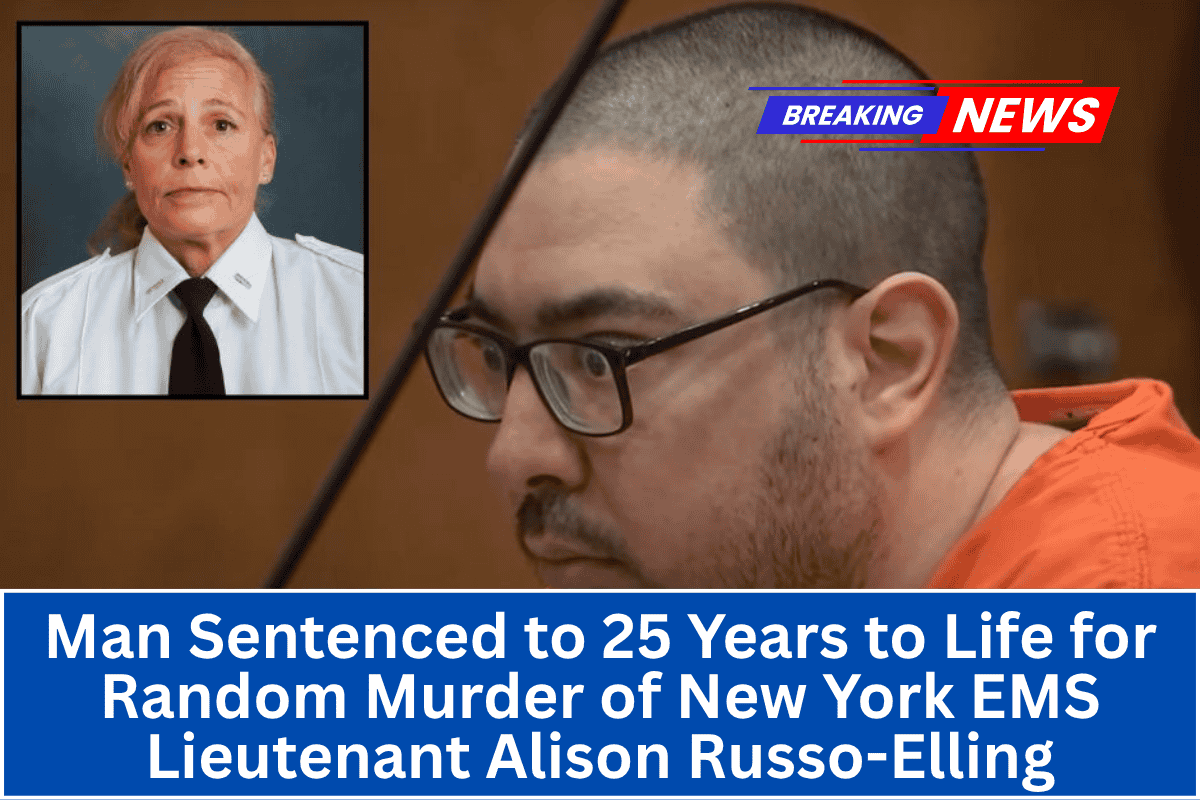Voters in Pennsylvania head to the polls Tuesday for critical primary elections that could signal the future direction of the Democratic Party in the state.
The most watched contests are in Philadelphia and Pittsburgh, where progressive incumbents face moderate challengers amid debates on crime, public safety, and city management.
What Happened
Pennsylvania’s primary elections on Tuesday feature intense battles in the two largest cities: Philadelphia and Pittsburgh.
Both races pit progressive leaders against moderate candidates, reflecting ongoing tensions within the Democratic Party. These contests are closely watched as indicators for upcoming midterm elections.
Key Details
Philadelphia District Attorney Primary
- Incumbent Larry Krasner, a progressive DA since 2018, faces challenger Pat Dugan, a former municipal judge with a law-and-order platform.
- Krasner is known for reform efforts such as ending cash bail for nonviolent offenses, reducing sentences, and dropping marijuana possession prosecutions.
- Krasner survived a 2022 impeachment attempt over his crime policies.
- Dugan advocates restoring full DA office staffing, tougher prosecution on violent crimes, but supports diversion programs for first-time, low-level offenders.
- The candidates differ on the death penalty: Krasner opposes it, Dugan supports limited use.
- Debate centers on crime rates: Dugan blames Krasner for rises in crime, while Krasner cites pandemic effects and early signs of policy success.
Pittsburgh Mayoral Primary
- Mayor Ed Gainey, Pittsburgh’s first Black mayor and a progressive, seeks reelection against moderate challenger Corey O’Connor, Allegheny County Controller and son of a former Pittsburgh mayor.
- Gainey emphasizes addressing root causes of crime, investing in affordable housing, renewable energy, and expanding union rights.
- The city’s budget deficit and dwindling reserves have come under scrutiny.
- O’Connor criticizes Gainey’s fiscal management, proposes debt management strategies, and calls for more public safety funding.
- Both candidates have significant endorsements, and outside funding has flooded the race.
- Polling is limited but suggests a close contest.
Reactions or Statements
- Krasner remains committed to criminal justice reform, promising expanded alternatives to incarceration and improved training to prevent wrongful convictions.
- Dugan stresses accountability for violent offenders and restoring full DA staffing.
- Gainey highlights Pittsburgh’s drop in homicides and plans for infrastructure improvements.
- O’Connor pushes for financial reform and increased police department support.
- City council and labor union endorsements reflect a near even split between candidates in both cities.
Investigation or What’s Next
The primary results will likely shape Pennsylvania’s political landscape going into the 2026 midterm elections.
Both cities’ races highlight the ongoing debate within the Democratic Party between progressive reform and moderate law-and-order approaches. Observers will watch for how these contests influence party strategy statewide.
FAQs
Q: When are Pennsylvania’s primary elections?
A: Tuesday, May 14, 2025.
Q: Who are the main candidates for Philadelphia DA?
A: Incumbent Larry Krasner (progressive) and challenger Pat Dugan (moderate).
Q: What are the main issues in the Pittsburgh mayoral race?
A: Crime, city budget management, public safety staffing, and infrastructure investment.
Q: How do the candidates differ on criminal justice reform?
A: Progressives favor alternatives to incarceration; moderates emphasize tougher prosecution for violent crimes.
Q: What impact could these primaries have?
A: They may indicate the strength of progressive versus moderate wings in Pennsylvania’s Democratic Party ahead of midterms.
Summary / Final Takeaway
Pennsylvania’s 2025 primaries in Philadelphia and Pittsburgh present a crucial test of the Democratic Party’s future direction.
With progressive incumbents facing moderate challengers, the outcomes will signal voter priorities on crime, public safety, and fiscal management. The races also highlight deep divisions within the party as it prepares for the next election cycle.












